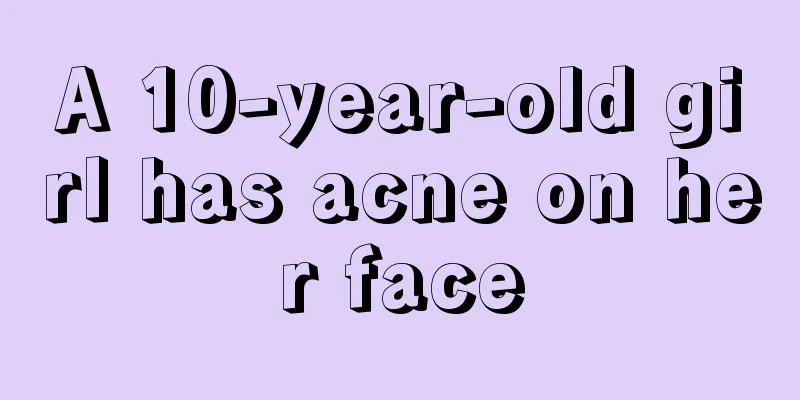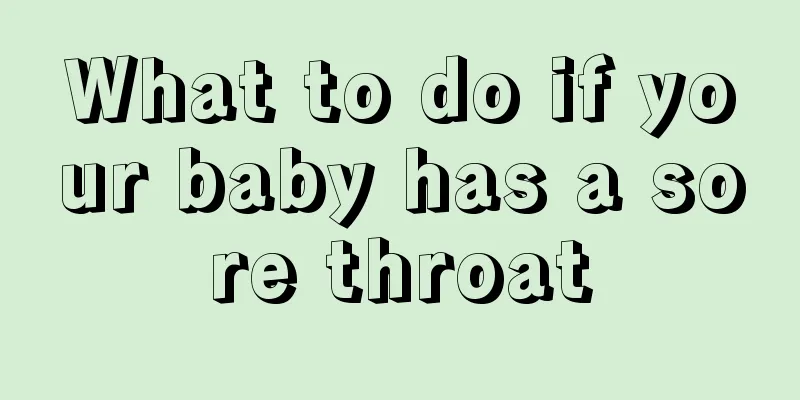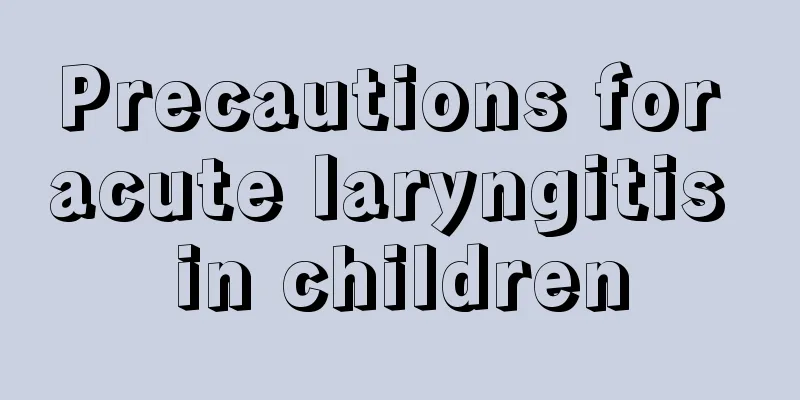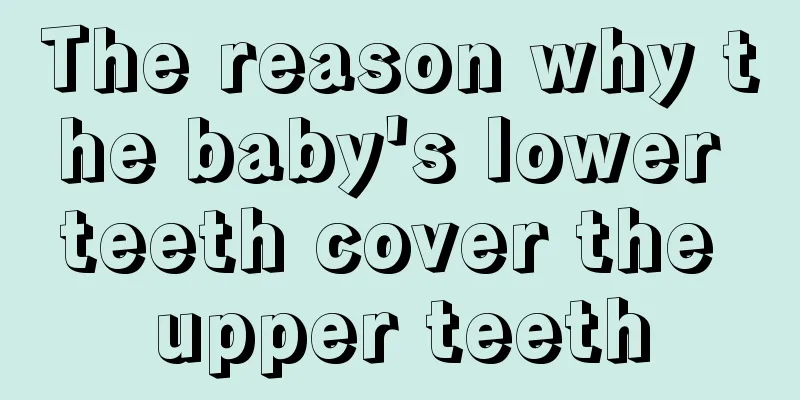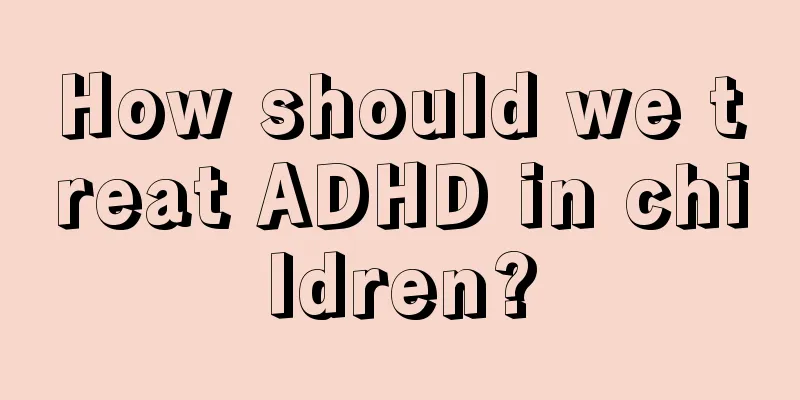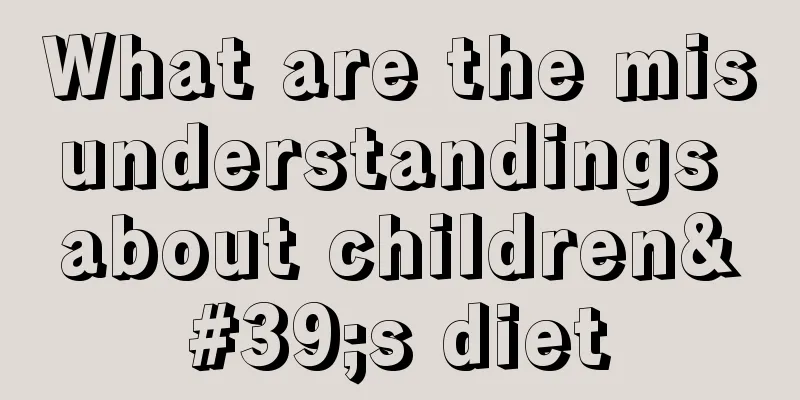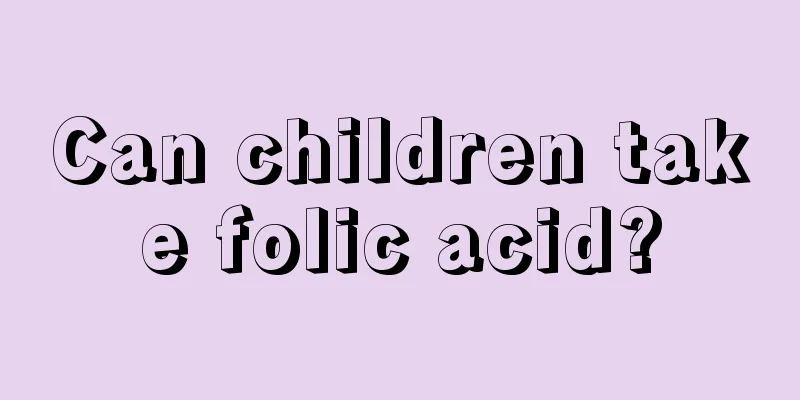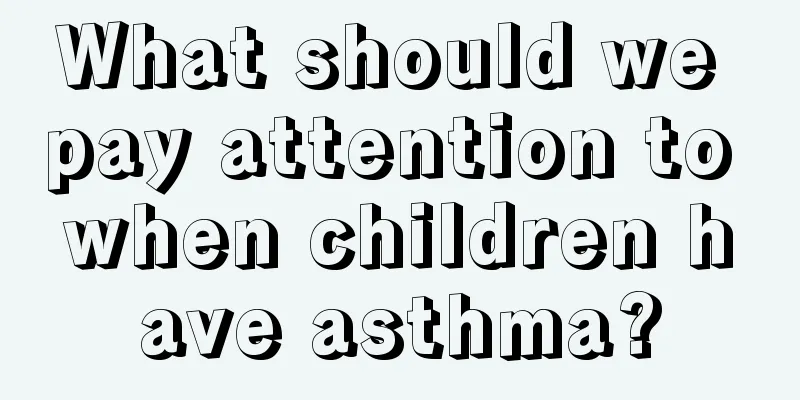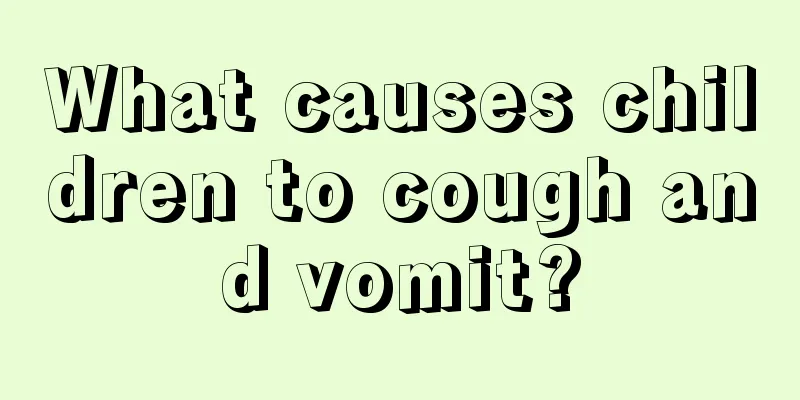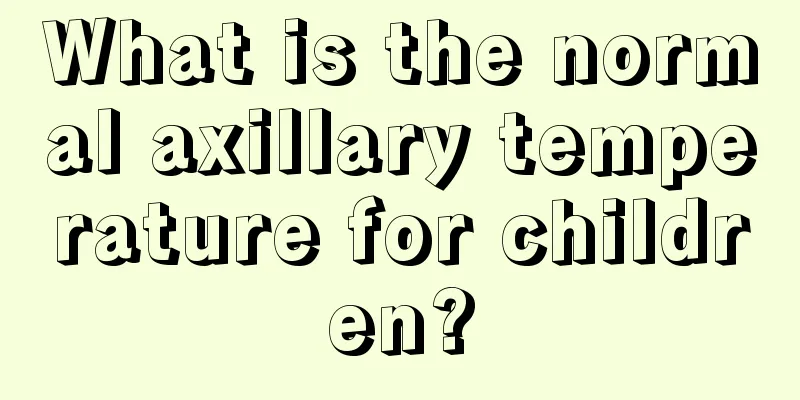What is the situation when the baby drools severely?

|
Generally speaking, babies will drool when they are teething. This is a relatively common phenomenon. Therefore, many parents will ignore the impact of some external factors on the baby's drooling, and do not care about it, thinking that it will be fine after a while. However, the long-term vicious cycle will lead to severe drooling in babies. Let us learn how to treat severe drooling in babies. Generally speaking, babies drooling is a temporary phenomenon and has certain regularity. The baby's salivary glands are underdeveloped in the neonatal period. In the first week after birth, the saliva secretion is about 50-80ml per day, which is 1/20-1/25 of that of an adult. The amount of saliva secretion of infants only increases to 200-240ml per day and night at about 4 months, and only increases significantly after 5 months. 0-3 months: less saliva Newborn babies do not drool because their salivary glands are underdeveloped and secrete less saliva. In addition, most babies at this time are breast-fed or fed with milk, so they do not need salivary enzymes to participate in digestion, nor will it stimulate salivary gland secretion. 4-6 months: Starts drooling Adding starchy foods such as rice noodles to the baby will reflexively stimulate the secretion of the salivary glands. When the baby is 5-6 months old, the saliva secretion will increase significantly. However, the baby's oral cavity volume is relatively small, and the swallowing regulation function is not yet fully developed. The baby cannot swallow the saliva secreted in time, so saliva will flow out. 7-18 months: Drooling The period when drooling is most frequent is during the baby's teething period. When deciduous teeth erupt, they push out of the gums, causing mild swelling and discomfort in the gum tissue, stimulating the nerves on the gums, and also stimulating the salivary glands to reflexively increase secretion. Before 2 years old: Stop drooling Most babies, before the age of two, gradually and effectively control their swallowing movements as their muscle motor functions mature, and their mouths are no longer wet. But some babies continue to drool after they are two years old. The above are the treatment methods for severe drooling in babies. The conditions of drooling in babies are different at different age stages. In order to alleviate this situation, I believe many parents are also taking different measures. If your child also has severe drooling, go to the hospital for treatment in time. |
<<: How to treat small blisters on baby's hands
>>: What should I do if my baby keeps having a runny nose?
Recommend
What to do if your child is irritable and angry? Mom has a trick
Many children have a bad temper and get angry eas...
What to do if children have eye fatigue
Eyes are not only important organs of the human b...
What are the symptoms of cow's milk protein allergy in newborns?
Many people suffer from allergies in life, and th...
What to do if your child has a fever for no reason?
Every child will always encounter some health pro...
What should I do if my child always has a hunchback?
For parents, the healthy growth of children is of...
Why does a child sweat when he just falls asleep?
Many parents will find that their children will h...
What are the complications of hand, foot and mouth disease?
If hand, foot and mouth disease is not effectivel...
What calcium supplements are good for children to eat chicken breast
The appearance of pigeon chest is also related to...
What is the disease of the child's belly button pain
The baby is still very young, and since the child...
Nursing of stitch scars in children
Many people worry about scars after stitches. Sca...
What to apply when a child is bitten by a mosquito
There are a lot of mosquitoes in the summer. Even...
Yellow face in newborns
There are many common problems for newborns. To s...
What to do if your child's handwriting is ugly
Children nowadays have been exposed to writing si...
How to deal with foreign matter in baby's eyes
Foreign objects in the eyes can cause great harm ...
How to treat baby heat rash
The baby's body is relatively weak. When many...
